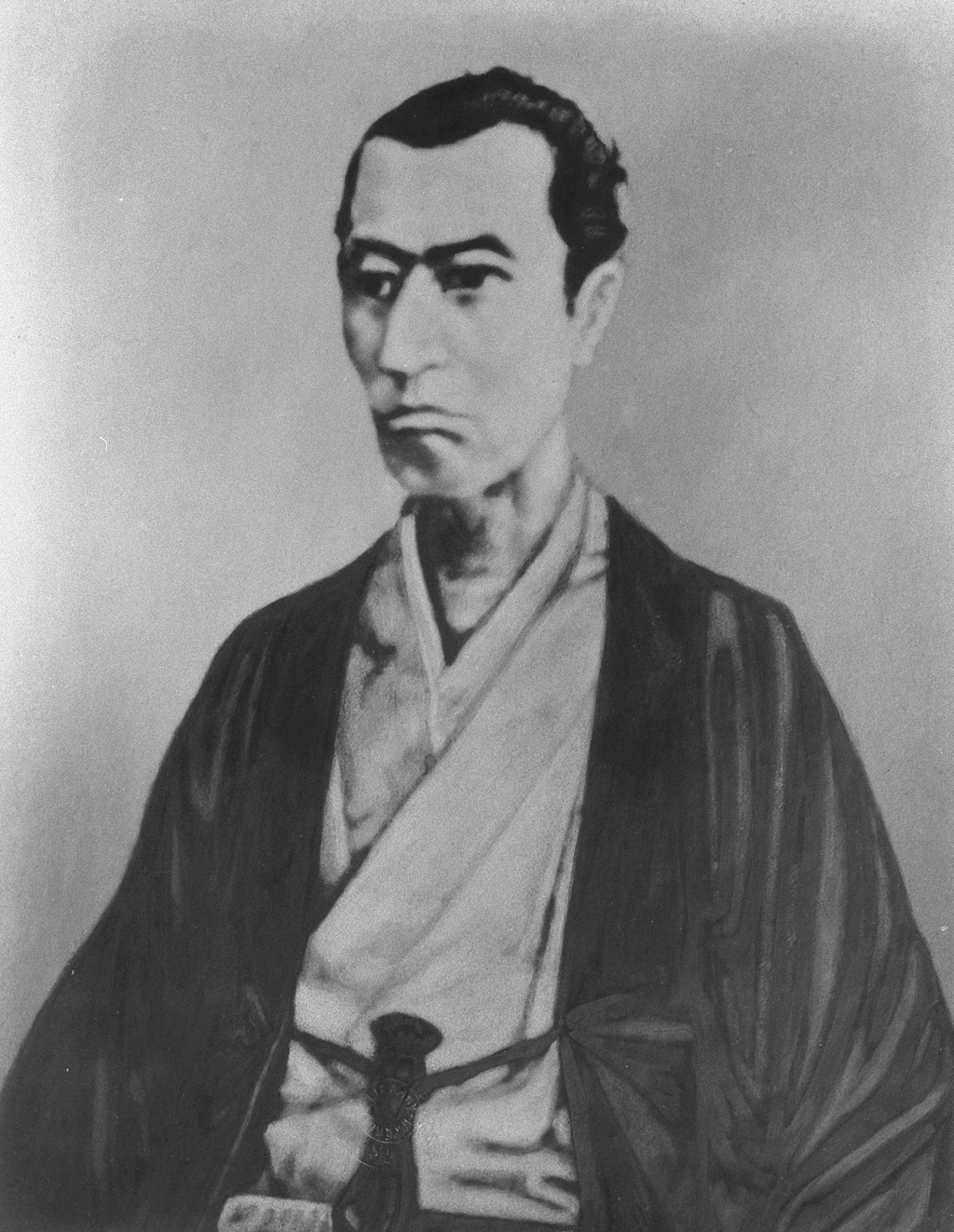Vol. IX.
Yoshida Shoin Zenshu
Yoshida Shōin: Frases em inglês
Vol. II.
Yoshida Shoin Zenshu
Contexto: Those who take up the science of war must not fail to master the [Confucian] Classics. The reason is that arms are dangerous instruments and not necessarily forced for good. How can we safely entrust them to any but those who have schooled themselves in the precepts of the Classics and can use these weapons for the realization of Humanity and Righteousness? To quell violence and disorder, to repulse barbarians and brigands, to rescue living souls from agony and torture, to save the nation from imminent downfall-these are the true ends of Humanity and Righteousness. If, on the contrary, arms are taken up in a selfish struggle to win land, goods, people, and the implements of war, is it not the worst of all evils, the most heinous of all offenses? If, further, the study of offensive and defensive warfare, of the way to certain victory in all encounters, is not based on those principles which should govern their employment, who can say that such venture will not result in just such a misfortune? Therefore, I say that those who take up the science of war must not fail to master the Classics.
Vol. IV.
Yoshida Shoin Zenshu
Vol. IX.
Yoshida Shoin Zenshu
Vol. II.
Yoshida Shoin Zenshu
Vol. III.
Yoshida Shoin Zenshu
Vol. IV.
Yoshida Shoin Zenshu
Vol. I.
Yoshida Shoin Zenshu
Vol. IV.
Yoshida Shoin Zenshu
